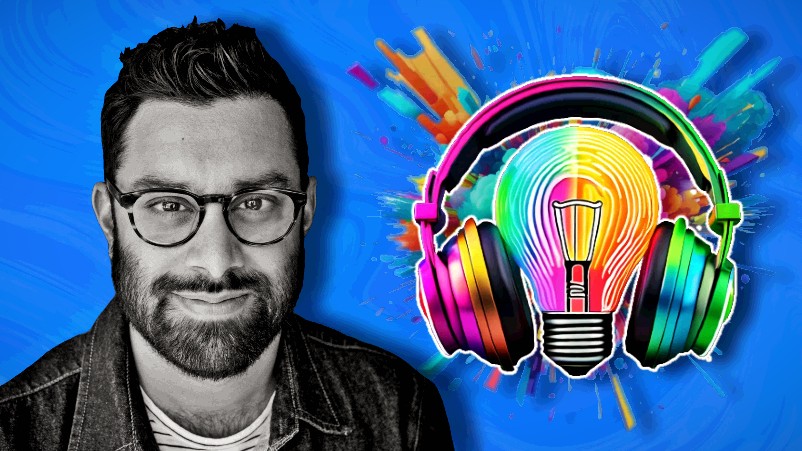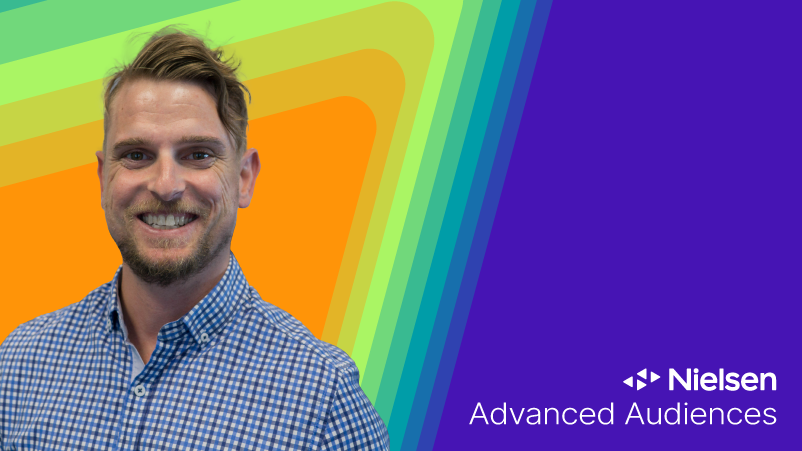Australia talks diversity and inclusion, now we must create a sense of belonging
Workplaces in Australia talk diversity and inclusion. Are we doing enough? How do we evolve it from being an intellectual pursuit to an emotional one? Here, Jason Richmond dissects the challenges we face and champions the need for organisations to move away from thinking about diversity and inclusion as “feel good politically correct” goals, to focus on creating a true sense of belonging.
Key points:
- McKinsey research demonstrates that diversity amongst top brass leads to stronger financial performance (i.e. 53 per cent high ROE and 14 per cent higher EBIT margins).
- Diversity and inclusion are “intellectual concepts”. In fact, the evolution of these two concepts means more than acceptance.
- The simple analogy is being invited to a party (inclusion) but belonging is being asked to dance. True participation is the key to creating a sense of belonging.
- When we consider the concepts of acceptance and respect, we start to shift our mindset. Diversity isn't simply having representation across multiple aspects of humanity, rather it is about how we react to these differences and how we feel about them.
- Workplaces don’t do enough to probe how employees are doing in terms of their sense of belonging but it can be addressed by asking ourselves, do we celebrate difference, do leaders respect cultural needs, do leaders open up and discuss their personal differences?
As a second generation Chinese Australian, I’ve always felt the need to overcompensate for my racial and cultural differences. While I can honestly say that I have never been the target of overt racism in my workplaces or experienced the dreaded “bamboo ceiling”, I know that it not only exists but is a frightening reality for many. I often-time find myself as the only Asian in a boardroom or at a corporate function, wondering to myself why we are so dramatically under-represented (in the 2016 Census, the Chinese population in Sydney was 10.8 per cent).
Corporate Australia has seen a significant mindset shift since I started my career in the late nineties. What started out as a “political correctness” movement has now morphed into a genuine desire to embrace diversity and inclusion. Jason Richmond poignantly points out that we need to accelerate our journey and focus on a more human articulation, built around respect and acceptance. Less conceptual and more actionable. It’s true that we need to do more than just create acceptance, it’s what we do from that point that helps to create a real sense of belonging.
In humanising the concept, we make it deeply personal and therefore challenge ourselves to overcome our unconscious bias. As individuals, we literally don’t know what we don’t know and the only way to change this is to engineer an environment that invites a conversation on the perceived touchy subjects of gender, sexuality, religion, culture and other differences. We’re all responsible for driving these changes.
To me, belonging is a beautiful articulation. When organisations succeed in creating a sense of belonging, there is a deep sense of community. In this community, individuals are encouraged to leverage their differences, to do things differently, to think in new ways. I take full responsibility in my organisation to evolve beyond the pursuit of the intellectual concepts and to make it more than percentages and a data set. Will you join me?


